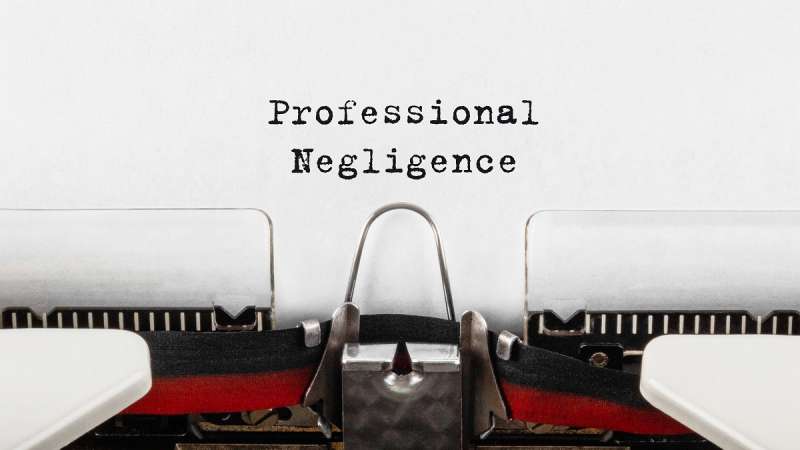The reason for this rule is to encourage parties engaged in litigation to attempt to settle their disputes out of court by offering them an opportunity to speak freely without the worry that what they say can be used against them if the matter does not settle. There must be an ongoing dispute between the parties, and the Without prejudice rule only applies to negotiations that are genuine attempts to settle the dispute.
A without prejudice offer can be made orally or in writing but is most often contained in a letter or email to the opposing party. Without prejudice correspondence can be sent by any party at any time and does not need to be via a lawyer, but it is important to make it clear to the other party that the correspondence you are sending is on a without prejudice basis by clearly marking it as such; otherwise, it will most likely be considered to be “open” correspondence.
There are some exceptions to the without prejudice rule, meaning that on those occasions, the correspondence can be referred to in court. However, in these limited circumstances, the correspondence in question can only be admitted for that specific purpose.











